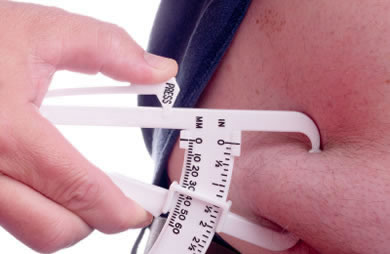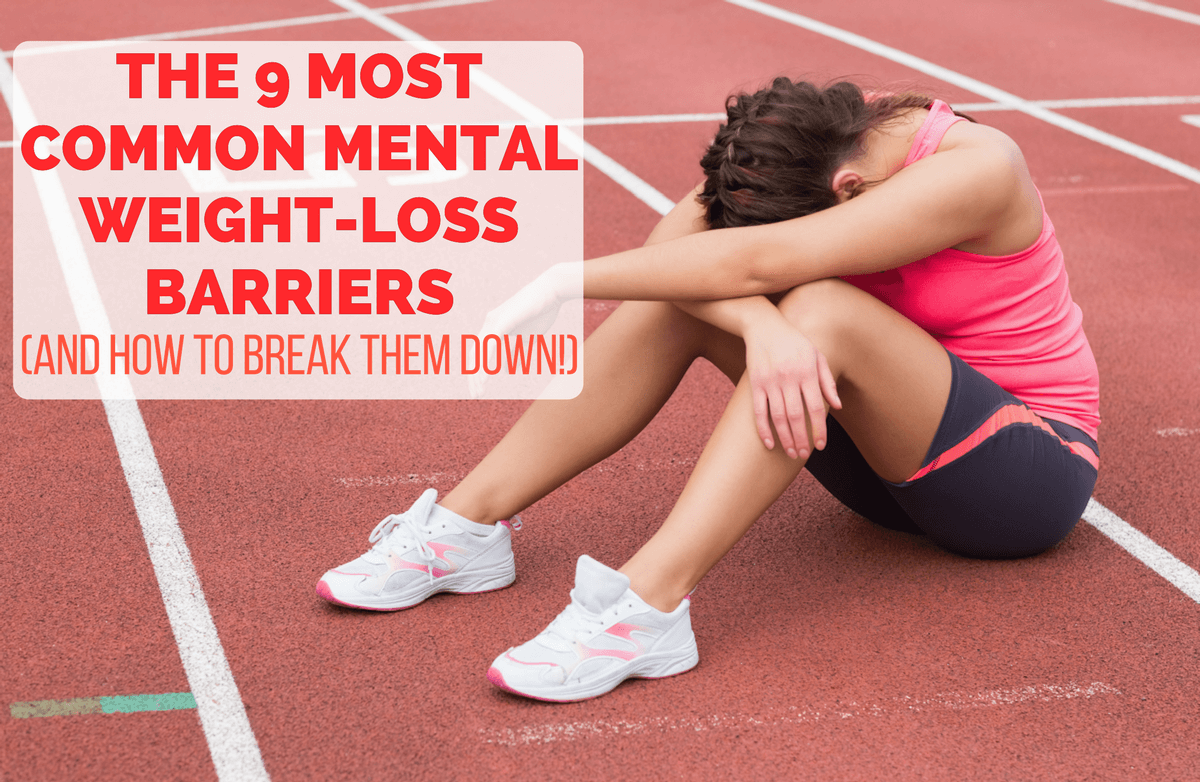|
This is part two in a series of blogs I am writing to help runners have a better understanding the role recovery plays in their healthy living journey. While I am primarily addressing runners, anyone can benefit from the information provided whether you are a cyclist, swimmer or just someone who likes to spend time in the gym. In my first blog I addressed why recovery is such an essential part of our training. Not only does it allow for our muscles to repair, it also allows for reduction of inflammation within the body, especially within the muscles and joints. However, the most important aspect for recovery is allowing our bodies the opportunity to adapt to the demands of the sport of running. But getting a runner to understand the importance of recovery can be one of the biggest challenges a running coach or personal trainer may experience. For many runners, especially those new to the sport, the need to stick with a rigid training program many times trumps their ability to listen to their bodies. To know that less can be more when it comes to running is a difficult concept for a number of runners to comprehend, especially when they feel so great after a run. Yet for many, the minute one begins to experience sleep disturbances, moodiness, a change in appetite and most importantly diminishing returns in his/her training, the first inclination is to step up his/her training. But unfortunately in doing so, the runner may be creating bigger issues down the road. Over the years I have read a number of books and articles on the topic of running and there appears to be a growing trend regarding running injuries, outside an obvious trip or fall, and that is many running injuries are now believed to be caused from overuse and/or a lack of recovery time between runs and after runs. Everything from shoes to our running surface has been blamed for many of the injuries a runner may develop. And while these issues may account for some of the injuries or aches and pains we experience, the lack of recovery and overuse may be the biggest culprits. Spending days, weeks and months of doing the same repetitive motion over and over may be the factor for these overuse injuries. Without adequate time for the body to adapt to the demands of running is like taking your car out for a hard drive every day never having the oil changed, the tire pressure checked, the belts checked or simple maintenance performed to keep your car running smoothly--overtime your car will eventually experience an issue-- same is true for your body. It's not a matter of if, but when. I believe that education is essential in understanding the recovery process. Recovery is so much more than skipping a workout or two every now and then or eating a snack immediately after a difficult workout. It's about looking at your body as a whole package including your sleep patterns, nutrition, stress management and others measures, such as massage and compression garments that have been shown to help aid in our recovery. Sleep is the Key to Our Recovery Today's blog will be covering the topic of sleep and the role it plays in our recovery not just for runners, but for all us. Sleep is one area many of us can cheat ourselves out of when we have too much going on in our lives. After all it can seem like such a waste of time, especially when we have projects due at work or family duties to take care of. But take heed as to the detriments your lack of shut eye maybe having not only on your running performance, but your general health as well. As more research reveals the health benefits of getting an adequate night's sleep, for runners and other exercise aficionados alike, sleep may be the crucial piece of the puzzle in providing your body with the means necessary to recover and heal itself after a hard run or workout. This past summer I the opportunity to attend a running symposium led by running expert and coach Greg McMillan. For those of you not familiar with Mr. McMillan, he is one of country's foremost running coaches, working with runners of all levels, from the beginner all the way up to the elite Olympian. He is also a revered columnist for Running Times magazine. During his seminar, he was quoted as saying, "Sleep is the ultimate recovery module." And it appears that he is not alone in his thinking. Study after study has shown that lack of sleep not only has an effect on our recovery, but in our subsequent training runs as well. Because of this, sleep can be just as important to our progress as the mileage we run on a daily, weekly and monthly basis. Not only does uninterrupted sleep allow our bodies the opportunity to heal and repair the muscle damage caused from an intense run, it also allows our body to increase production of human growth hormone which in turn raises our rate of recovery. For these reasons, when a runner decides to up his/her training in preparation for an event, keeping a sleep journal may help determine whether the sleep disturbances he/she is experiencing is due to overtraining or some other event in the runner's life. Because sleep requirements will vary, there is no an 'ideal' amount of sleep that each of us should get each night . Although research shows that some runners may require as much as 9-10 hours of sleep per night during heavy and intense training. And it isn't too unusual for a runner to come in from a long 20 mile run and do nothing for the rest of the day except rest on the couch and maybe even take in a nap. Just know that fitter individuals tend to have higher quality of sleep, but one should never feel guilty if his/her body demands more sleep and rest when upping his/her mileage. Remember it is during your time of rest that your body begins the adaptation to the stress of running and/or working out and you want to make every minute count. So what are some measures you can take to make sure you are getting enough rest. 1. Make sure you keep a running journal. This is especially true for those training for a longer endurance event which will require you to have a dramatic increase in mileage over the course of your training schedule. 2. Sleep disturbances can be a sign of overtraining. As I mentioned in my earlier blog, one of the most difficult concept for a new runner to understand is that overtraining does not occur overnight, but over a period of weeks and months. When one begins to have issues with insomnia or staying asleep, cutting back on your training maybe just what your body needs. 3. Allow for extra rest when training for longer events, especially a half-marathon and full marathon. For most runners, their bodies never quite adapt to running 20 miles or more, unless one is accustomed to running high mileage for his/her training, therefore, it not unusual to find the need to sneak in a nap or hit the hay a little earlier on your long run days. 4. Keep normal bedtime routines. By going to bed at the same time every night and getting up at the same time every day, even on weekends, this allows your body to develop a natural rhythm. Remember you can't bank your shut eye. In other words, you can't sleep a lot during the weekend only to cut your sleep time during the week and still fill refreshed to tackle a long run. 5. Avoid caffiene or exercise too close to bedtime. Studies have shown that consuming caffiene too close to bedtime or exercising within 3 hours of bedtime may actually keep you from a sound and restful sleep. What role does sleep play in your training? Do you get the 7-8 hours a night? What measures do you take to get in a good night's sleep? |
More From SparkPeople
|















